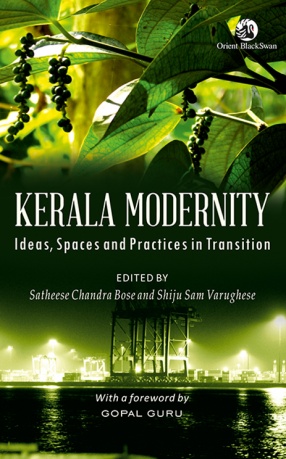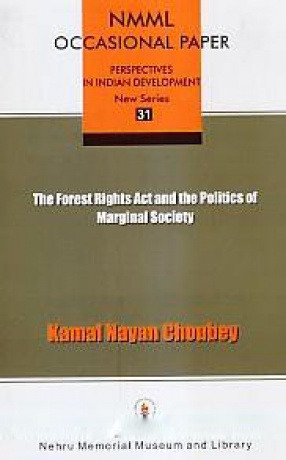The southwest coast of India has always been a significant site within the global network of relations through trade and exchange of ideas, commodities, technologies, skills and labour. The much longer history of colonial experience makes Kerala’s engagement with modernity polyvalent and complex. Without understanding the multiple space-times of this region, it is impossible to make sense of the complexities of Kerala modernity beyond its general description as ‘Malayalee modernity’.
From the colonial pepper trade and Narayana Guru’s philosophical engagement with the question of caste to the seemingly disparate elements that weave together an ‘eclectic past’ through the Muziris Heritage Project; from the debates on women’s sexuality around the Suryanelli rape case to the gendered constitution of public space during the mass annual Attukal Pongala ritual; from the changes in state attitude towards providing piped water supply to how Cochin port’s inter-War history has scripted urban modernity; from the shaping of the public sphere to the radical Left politics of the 1970s and the emergence of popular janapriya literature—this book analyses the ideas, spaces and practices that intricately weave the region’s experiences of modernity.
Kerala Modernity emphasises the methodological need to re-examine the idea of ‘region’ as a discursive category to explore Kerala’s regional modernity apart from Eurocentric and nation-centric frames of analyses. The interdisciplinary presentation, complete with a Dalit critique of modernity in the Foreword, will be an important contribution to literature on Kerala and the debates on alternative modernities in South Asia. It will be of interest to students and scholars of history, sociology and literary and cultural studies, as well as the interested general reader.






There are no reviews yet.